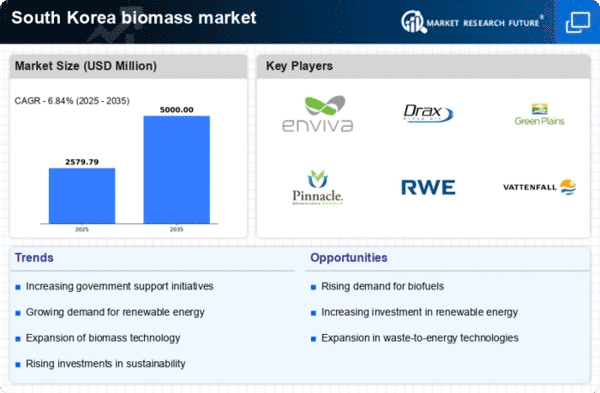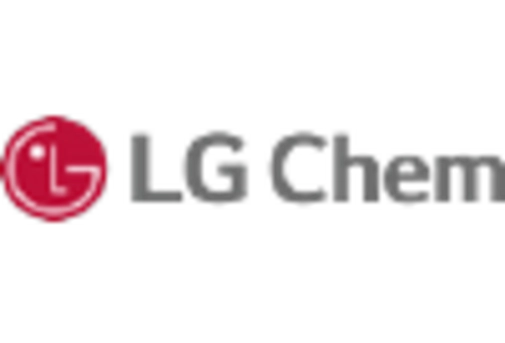The South Korea Biomass Market is characterized by a growing emphasis on renewable energy sources, where biomass plays a pivotal role in achieving sustainability and energy independence. As South Korea seeks to enhance its energy diversification strategies, the biomass sector is gaining traction due to favorable government policies, environmental concerns, and advancements in biomass technologies. The competitive landscape reflects a mix of traditional energy companies and specialized firms dedicated to harnessing biomass resources, leading to dynamic interactions and collaborations aimed at optimizing production and distribution.
This environment fosters innovation and investment, positioning the biomass market as a significant contributor to South Korea's overall energy mix. SK E and S have established a formidable presence in the South Korea Biomass Market by focusing on innovative energy solutions and sustainable practices. The company is recognized for its commitment to expanding renewable energy capacities, with biomass serving as a key component of its strategy to reduce carbon footprints and enhance energy security. Through strategic initiatives, SK E and S emphasize technological advancements in biomass conversion and processing, which enable efficient energy production.
The firm's strengths lie in its robust infrastructure, extensive research capabilities, and strong market reputation, as it continuously seeks partnerships and collaborations to foster growth within the biomass sector. SK E and S remains a leading player, boasting a diversified portfolio that leverages its competencies in energy production and sustainability. Korea Hydro and Nuclear Power is another significant entity in the South Korea Biomass Market, primarily focused on the integration of renewable energy solutions into the national grid.
The company provides essential services and products relating to biomass energy, working towards optimizing energy generation from organic materials while maintaining safety and efficiency standards. Korea Hydro and Nuclear Power stands out for its market presence, attributed to its experience and technological expertise in energy generation. The company actively pursues modernization initiatives, enhancing its biomass capacity through various projects aimed at improving conversion efficiency and promoting renewable resource utilization. Its strengths lie in comprehensive operational frameworks, consistent investments in research and development, and collaborations with local and international partners.
The company's strategic mergers and acquisitions further solidify its position in the sector, allowing for synergistic advancements that enhance its capabilities in managing biomass energy resources effectively within the South Korean context.














Leave a Comment